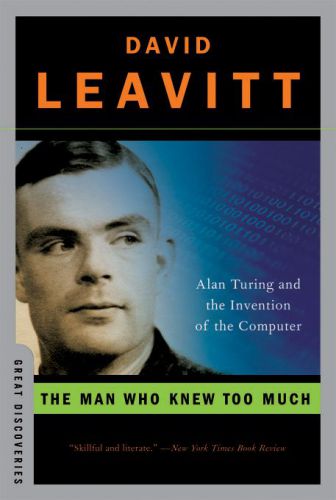
The Man Who Knew Too Much
Alan Turing and the Invention of the Computer (Great Discoveries)
کتاب های مرتبط
- اطلاعات
- نقد و بررسی
- دیدگاه کاربران
نقد و بررسی

September 26, 2005
Hounded by authorities and peers alike, British mathematician Alan Turing committed suicide in 1954 by biting into a cyanide-laced apple. A groundbreaking thinker in the field of pure math, a man principally responsible for breaking the Enigma code used by the Germans during WWII and the originator of the ideas that led to the invention of the computer, Turing was also an avowed homosexual at a time when such behavior flew in the face of both convention and the law. Leavitt (The Body of Jonah Boyd
) writes that the unfailingly logical Turing was so literal minded, he "neither glorified nor anthologized" his homosexuality. Educated at King's College, Cambridge, and Princeton, Turing produced the landmark paper "On Computable Numbers" in 1937, where he proposed the radical idea that machines would and could "think" for themselves. Despite his Enigma code–breaking prowess during the war, which gave the Allies a crucial advantage, Turing was arrested in 1952 and charged with committing acts of gross indecency with another man. With lyrical prose and great compassion, Leavitt has produced a simple book about a complex man involved in an almost unfathomable task that is accessible to any reader. Illus.

























دیدگاه کاربران